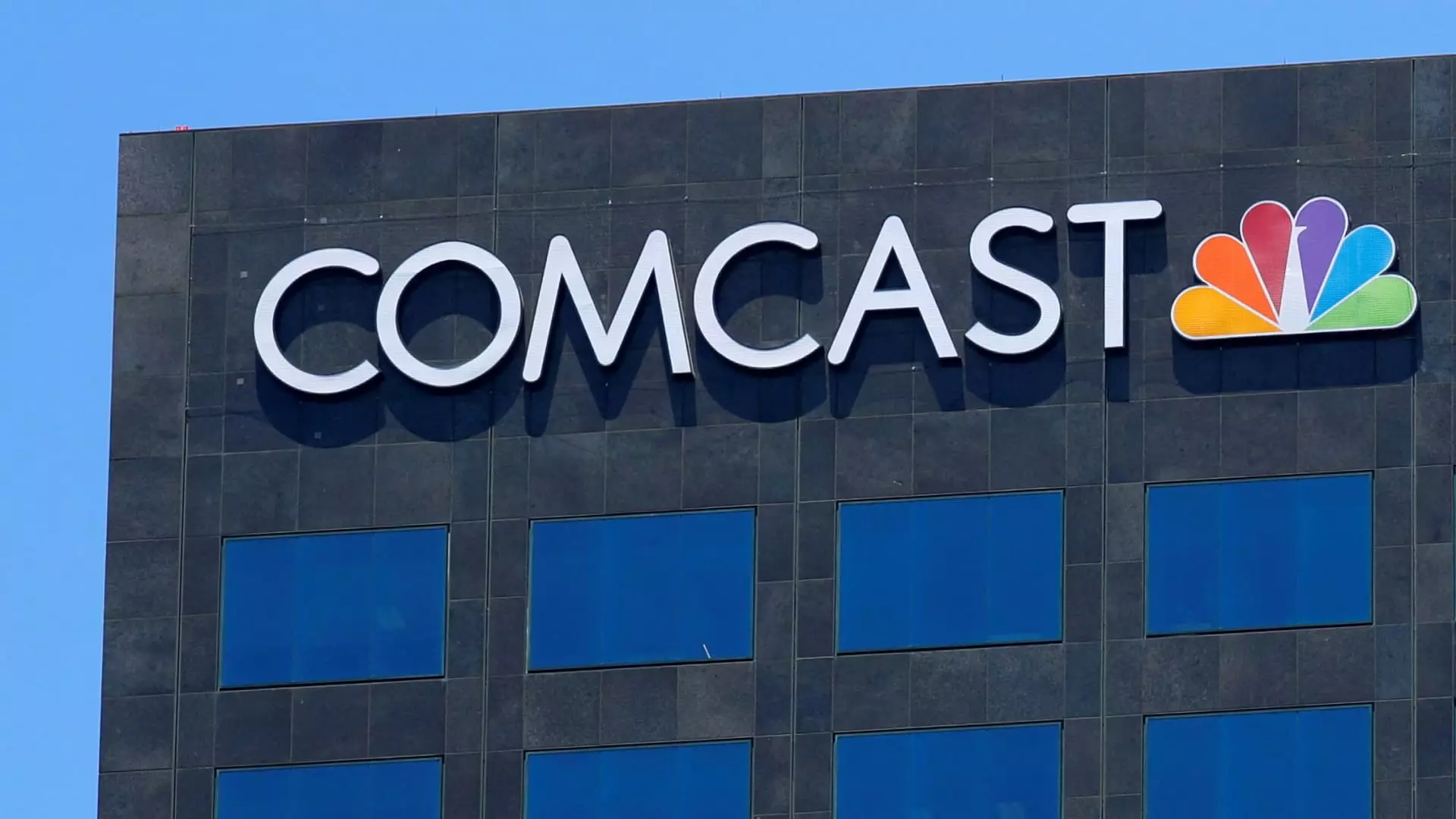Comcast’s recent decision to separate its cable network channels is a significant move in the evolving landscape of media and entertainment. Announced through various sources, including CNBC, this spinoff aims to realign the company’s focus amidst a backdrop of changing consumer preferences and technological advancements. This article will explore the implications of this strategic decision and how it reflects broader trends in the industry.
In a world where streaming services are rapidly gaining popularity, traditional cable networks face mounting pressure. The anticipated spinoff is expected to take around a year, allowing the organization to restructure and optimize its business model. By creating an independent entity, Comcast is not just shedding assets, but also potentially paving the way for new strategic partnerships or sales. Mark Lazarus, the current chairman of NBCUniversal’s media group, will lead this new venture, positioning it for future growth. This fresh leadership could signal a willingness to innovate and adapt to market demands.
Anand Kini will assume the role of CFO and operating chief. His appointment illustrates the importance of financial expertise in navigating the complexities of a market increasingly influenced by digital platforms. The proposal aims to offer shareholders a well-capitalized company that boasts a strong portfolio of cable networks.
The leadership reshuffle does not end with Lazarus and Kini. Several key figures within NBCUniversal will see shifts in their roles, including Donna Langley and Matt Strauss. Langley’s transition to overseeing NBCUniversal Entertainment and Studios signifies a focus on content generation as a refuge from declining traditional cable subscriptions. This is crucial as Comcast seeks to enhance its competitive edge against emerging streaming giants.
Strikingly, Comcast’s Chairman and CEO Brian Roberts will maintain a presence in the new entity despite stepping back from day-to-day operations. This level of involvement raises questions about future directional alignments and how much influence he may exercise without an official role in governance.
Financial Strategy in the Era of Cord-Cutting
The decision to spin off the cable networks comes at a time when millions of customers are abandoning traditional pay-TV services in favor of more flexible streaming options. Comcast has been actively enhancing its own streaming platform, Peacock, indicating a balanced approach to maintaining relevance in a competitive market. Notably, Comcast’s cable networks—including USA, Syfy, E!, Golf Channel, and Oxygen—will form the core of this new entity, with notable exceptions such as Bravo, which will remain tied to NBCUniversal due to its significant presence on Peacock.
The recent quarterly earnings report highlighted that, despite the challenges from cord-cutting, Comcast’s media segment demonstrated impressive revenue growth. The reported increase of nearly 37% in the third quarter, buoyed by events like the Olympics, showcases the financial robustness of traditional channels. This dichotomy emphasizes that while the viewer landscape is shifting, the revenue potential of established networks is still significant.
As the spinoff unfolds, various factors will influence its success. The new entity’s ability to negotiate licensing agreements, particularly concerning MSNBC and CNBC’s relationship with NBC News, will be crucial. The absence of formal discussions indicates that many details of this new chapter remain to be finalized. This uncertainty may pose challenges but also presents opportunities to redefine alliances in the media ecosystem.
The spinoff’s tax-free status further sweetens the deal and reflects smart financial strategizing, ensuring that the transition does not burden shareholders unnecessarily. The shared structure mirroring that of Comcast simplifies the transition, promoting stability during this period of change.
Comcast’s decision to spinoff its cable networks represents a pivotal moment for the company in the continuously evolving media landscape. Through proactive leadership changes and a focused strategy aimed at staying relevant amid the streaming revolution, Comcast is taking calculated steps to ensure it remains a formidable presence in the industry. The implications of this move will be closely watched, as it could signal broader trends that impact the structure of media companies moving forward. As traditional television adapts, Comcast’s adaptations may serve as a blueprint for others facing similar challenges.


Leave a Reply